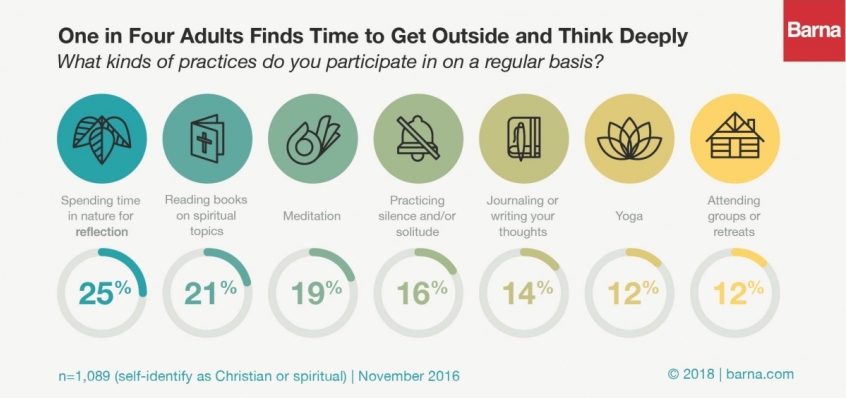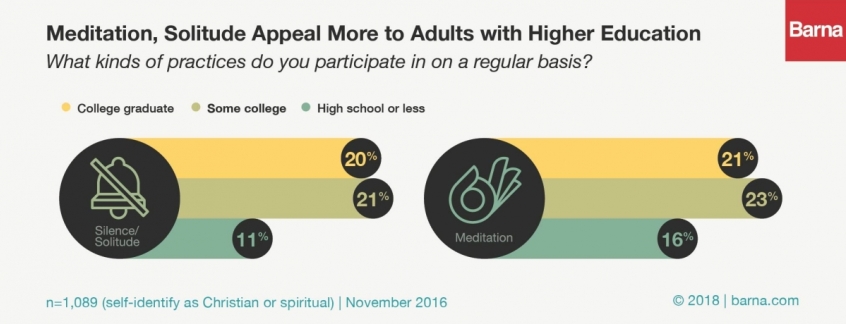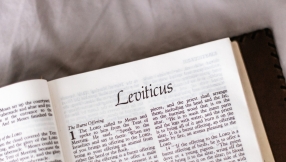Mental health and wellbeing is an increasing priority not only in popular culture but in the church. A study recently shared by research group Barna reveals how many Americans who consider themselves Christian or 'spiritual' practise 'self-care'.

The most common way for US adults to engage in their own 'self-care' (25 per cent of those surveyed) is to spend time in nature. The second most popular (21 per cent) is the reading of books on spiritual topics. Meditation (19 per cent), silence or solitude (16 per cent) and journaling are also practised. The least common practices are yoga (12 per cent) and group gatherings or retreats (12 per cent).
Barna's research, surveying more than 1,000 US adults, showed differing approaches depending on both generation and social class. Millennials and Generation X, for example practise yoga far more (18 and 17 per cent) than Boomers (four per cent) and Elders (three per cent). Similarly, 28 per cent of millennials journal in contrast to three per cent of Elders. Overall, all the 'self-care' practices were most popular amongst millennials.

The more one earns, the more one is likely to invest in activities such as yoga, reading and retreats, understandable at least in part given the financial cost that surrounds said activities. The study also found that meditation and solitude appealed more to those with higher education experience, compared with those whose education was classed as 'high school or less'.

However, time in nature or the practice of journaling was similarly appealing to (spiritually-inclined) adults of all incomes and education backgrounds.









